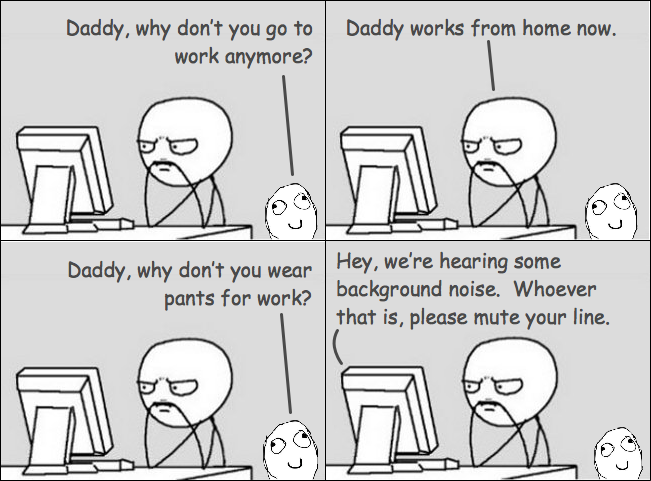New offering combines organizations’ expertise to improve golf facilities’ ability to deliver better playing conditions and enhanced golfer experience
BLUFFTON, S.C., and LIBERTY CORNER, N.J. (April 14, 2021) – The United States Golf Association (USGA) will join with GGA Partners (GGA), an international consulting firm, to launch a new service to place top-notch golf course superintendent candidates at facilities across North America.
As part of its suite of advisory services, GGA has long provided executive search services for facility clients. The collaboration will expand the company’s offerings, with the USGA Green Section’s agronomic and maintenance expertise serving as key factors in targeting the unique needs of each golf course and identifying superintendents with matching skills who can help facilities elevate playing conditions, improve course presentation and foster sustainable practices.
“For any golf facility, the ability to hire the right talent is crucial for long-term success, and we believe in creating and maintaining partnerships with facilities,” said Patrick DeLozier, GGA’s managing director of executive search. “The stakes are higher than ever for facilities looking to hire superintendents, and they are looking for candidates with a wide variety of skills.”
Added Craig Johnston, a GGA partner: “The ability to complement our services in strategy, facility governance, finance and operations with the USGA’s agronomic strength will ensure that we can continue to support our clients with the gold standard in best practices, education, innovative products and research.”
The collaboration will allow the USGA to expand its reach and enhance its ability to inform best management practices for golf course maintenance, including resource prioritization. As part of its mission to champion and advance the game, the USGA is helping to ensure a sustainable game in which course managers are empowered to create a positive experience for their golfers.
“GGA’s values and business areas are strategically aligned with our mission,” said Matt Pringle, managing director of the USGA Green Section. “With this new joint service, we can find the best match between the needs of the golf course and the skill set of their next superintendent, while providing ongoing support to deliver outstanding playing conditions and improved golfer satisfaction.”
The joint service will utilize the USGA’s nationwide network of agronomists, whose extensive knowledge of the facilities and superintendents in their regions will be pivotal to the program’s success. They will work closely with DeLozier, who heads up the firm’s executive search practice.
To learn more, contact Patrick DeLozier at patrick.delozier@ggapartners.com or Elliott Dowling at edowling@usga.org.
About the USGA
The USGA is a nonprofit organization that celebrates, serves and advances the game of golf. Founded in 1894, we conduct many of golf’s premier professional and amateur championships, including the U.S. Open and U.S. Women’s Open. With The R&A, we govern the sport via global set of playing, equipment, handicapping and amateur status rules. The USGA campus in Liberty Corner, New Jersey, is home to the Associations, Research and Test center, where science and innovation are fueling a healthy and sustainable game for the future. The campus is also home to the USGA Golf Museum, where we honor the game by curating the world’s most comprehensive archive of golf artifacts. To learn more, visit usga.org.
About GGA Partners
GGA Partners™ is an international consulting firm and trusted advisor to many of the world’s most successful golf courses, private clubs, resorts, and residential communities. We are dedicated to helping owners, asset managers, club and community leaders, investors and real estate developers tackle challenges, achieve objectives, and maximize asset performance.
Established in 1992 as the KPMG Golf Industry Practice, our global team of experienced professionals leverage in-depth business intelligence and proprietary global data to deliver impactful strategic solutions and lasting success. GGA Partners has offices in Toronto, Ontario, Phoenix, Arizona, Bluffton, South Carolina, and Dublin, Ireland. For more information, please visit ggapartners.com.











